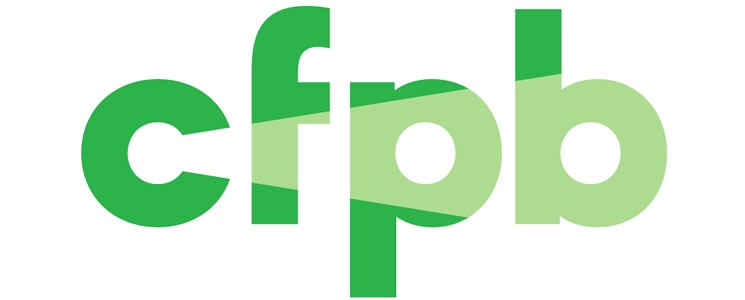Advertisement
CFPB Releases Exam Procedures for Credit Reporting Market

The Consumer Financial Protection Bureau (CFPB) has taken another step in implementing its non-bank supervision program by releasing the procedures (Examination Procedures for Larger Participants of the Consumer Reporting Market) it will use in examining credit bureaus and other consumer reporting companies. These procedures are a field guide for CFPB examiners looking to check that these companies are following the law.
“Consumer reporting, and especially credit reporting, plays a significant role in a consumer’s life. It can dictate whether or not a consumer is able to get a credit card, a mortgage, or a student loan,” said CFPB Director Richard Cordray. “Our supervision program will benefit hundreds of millions of consumers by making sure these companies are playing fairly and by the rules, and our field guide will ensure that all companies are held to the same standards.”
The Dodd-Frank Act gave the CFPB authority to supervise “larger participants” in the consumer financial markets as defined by rule. In July 2012, the CFPB identified a market for consumer reporting and defined larger participants to include companies in that market that have more than $7 million in annual receipts. The CFPB’s supervisory authority will cover an estimated 30 companies that account for about 94 percent of the market’s annual receipts. Altogether, the three largest credit reporting companies issue more than three billion consumer reports a year and maintain files on more than 200 million Americans.
Examiners will be looking to verify that consumer reporting companies are complying with requirements of federal consumer financial law, including:
►Using and providing accurate information: Examiners will assess whether companies have reasonable procedures in place to ensure accuracy of the information about consumers that appears in their reports. This will include looking at how companies screen information that they receive for accuracy and how companies match incoming information to a particular consumer’s file to make sure it appears on the right consumer’s report.
►Handling consumer disputes: Examiners will determine if reporting companies conduct reasonable investigations when consumers dispute the accuracy or completeness of their files. Examiners will also evaluate the systems, procedures, and policies used by the company for tracking, handling, investigating, and resolving consumer inquiries, disputes, and complaints.
►Making disclosures available: Examiners will determine whether reporting companies disclose to consumers their file information and credit scores when required to do so, and whether they have trained personnel to explain the information in their disclosures to consumers.
►Preventing fraud and identity theft: Examiners will look to see whether these companies are fulfilling the requirements to address identity theft and to protect active duty military consumers, through such means as fraud and active duty alerts, and blocking of reporting of information that stems from identity theft.
The procedures released are an extension of the CFPB’s general Supervisory and Examination Manual and provide guidance on how the Bureau will be conducting its monitoring in the consumer reporting market. The examination process will be an ongoing process of pre-examination scoping and review of information, data analysis, onsite examinations, and regular communication with supervised entities, as well as follow-up monitoring. When necessary, examiners will coordinate and work closely with the CFPB’s enforcement staff, who may take appropriate enforcement actions to address harm to consumers.
Examiners will evaluate the quality of the regulated entity’s compliance management systems, review practices to ensure they comply with federal consumer financial law, and identify risks to consumers throughout the consumer reporting process. The CFPB has issued similar procedures for other companies under its supervision, such as mortgage originators, mortgage servicers, and payday lenders.
The CFPB’s authority to supervise consumer reporting companies takes effect Sept. 30, 2012.
About the author





